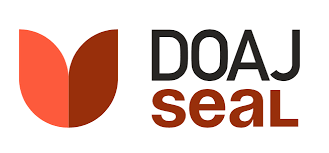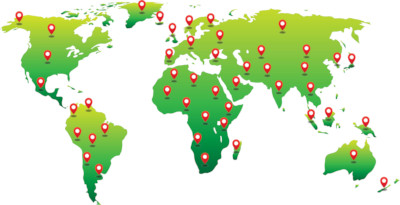Deformation and fatigue behaviors of carburized automotive gear steel and predictions
DOI:
https://doi.org/10.3221/IGF-ESIS.37.05Keywords:
Carburizing, Case hardening, Gear steel, Cyclic softening, Fatigue, PredictionAbstract
The fatigue behavior of carburized components such as automotive transmission gears is very complex due to hardness and microstructure difference, residual stresses and multi-axial stress states developed between the case and the core. In addition, automotive gears in service, commonly used in helical type, are actually subjected to complex stress conditions such as bending, torsion, and contact stress states. This study presents experimental and analytical results on deformation behavior of carburized steels, widely used in automotive gears, under cyclic stress conditions including axial and torsion loadings. Axial fatigue tests and rotating bending fatigue tests are also included. Predictions of cyclic deformation and fatigue behaviors of the carburized steel with two-layer model are compared with experimental results. The carburized steel investigated in this study exhibited cyclic softening under both axial loading and torsional loading. Predicted results with simple two-layer model for the cyclic deformation and fatigue behaviors were comparatively similar to the experimental data.
Downloads
Downloads
Published
Issue
Section
Categories
License
Copyright
Authors are allowed to retain both the copyright and the publishing rights of their articles without restrictions.
Open Access Statement
Frattura ed Integrità Strutturale (Fracture and Structural Integrity, F&SI) is an open-access journal which means that all content is freely available without charge to the user or his/her institution. Users are allowed to read, download, copy, distribute, print, search, or link to the full texts of the articles in this journal without asking prior permission from the publisher or the author. This is in accordance with the DOAI definition of open access.
F&SI operates under the Creative Commons Licence Attribution 4.0 International (CC-BY 4.0). This allows to copy and redistribute the material in any medium or format, to remix, transform and build upon the material for any purpose, even commercially, but giving appropriate credit and providing a link to the license and indicating if changes were made.




































